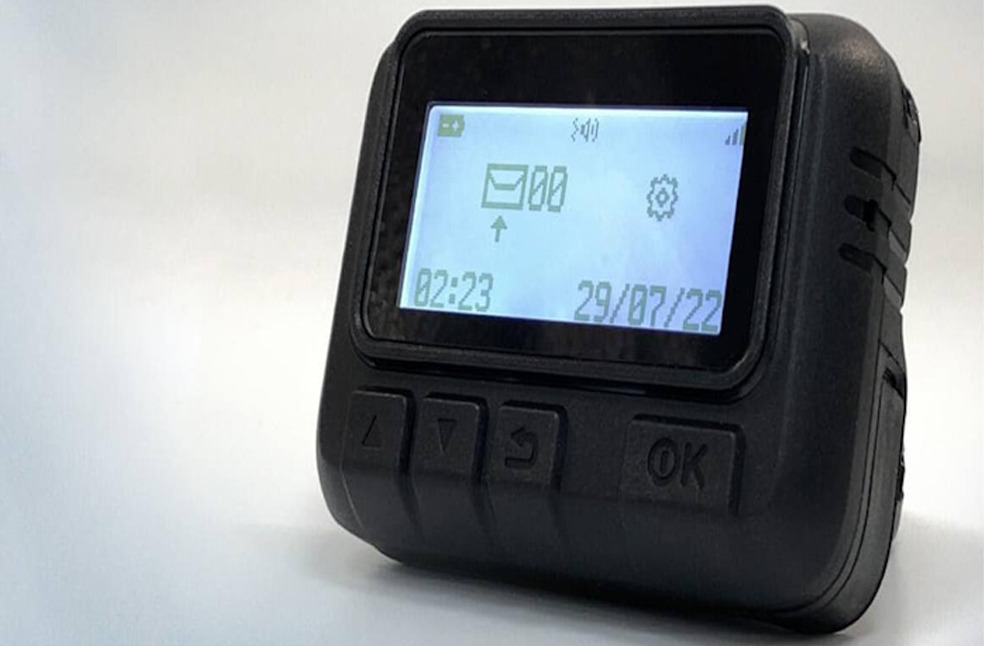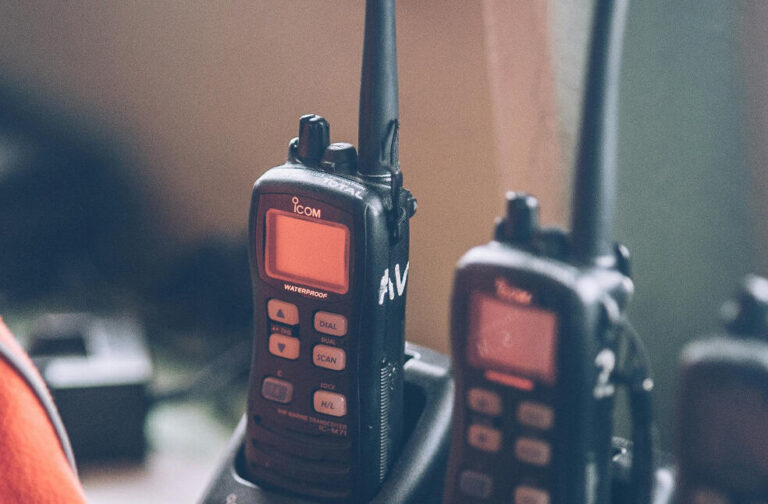Beirut, Lebanon: In response to a recent explosion linked to unauthorized communications, Lebanese authorities have implemented a ban on pagers and walkie-talkies on all flights. Lebanon’s Director General of Civil Aviation has issued a new directive prohibiting passengers from bringing pagers and walkie-talkies on any aircraft.
This comes after a series of coordinated attacks involving communication devices resulted in at least 20 fatalities and over 450 injuries, just a day after simultaneous pager explosions killed 12 people and injured thousands.
Lebanon’s Foreign Minister cautioned that this “blatant assault on Lebanon’s sovereignty and security” represents a troubling development that could indicate the potential for a larger conflict.
This measure aims to enhance aviation security and prevent any potential threats during air travel.

The decision comes after officials expressed concerns that these communication devices could be misused, particularly in light of the heightened tensions in the region. The ban will affect both passengers and crew members, requiring all such devices to be surrendered before boarding.
The ban applies to cargo, checked, and carry-on luggage passing through Beirut Rafic Hariri International Airport, and airport security will confiscate any such devices found.
The Lebanese Civil Aviation Authority has emphasized the importance of ensuring passenger safety and maintaining secure airport operations. Airlines operating in Lebanon have been notified of the new regulations that is of immediate effect, and are expected to comply.
As Lebanon navigates ongoing security challenges, the government is taking proactive steps to bolster safety measures at airports. Travelers are advised to stay informed about the latest regulations and to plan accordingly when traveling from Lebanon in the coming weeks.

Death Toll is escalating
Lebanon’s Health Minister Firass Abiad announced that at least 32 people have died and thousands more have been injured due to consecutive coordinated explosions.
On Tuesday, approximately 4,000 pagers detonated within an hour, followed by additional explosions involving handheld devices such as walkie-talkies, mobile phones, laptops, and even solar power cells the next day.
Abiad noted that over 300 patients are currently in intensive care, with 400 requiring surgeries and other medical treatments. The explosions on Wednesday involved “larger and more powerful devices,” resulting in severe injuries including internal bleeding, abdominal wounds, and brain haemorrhages.



